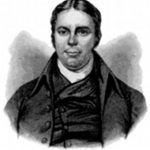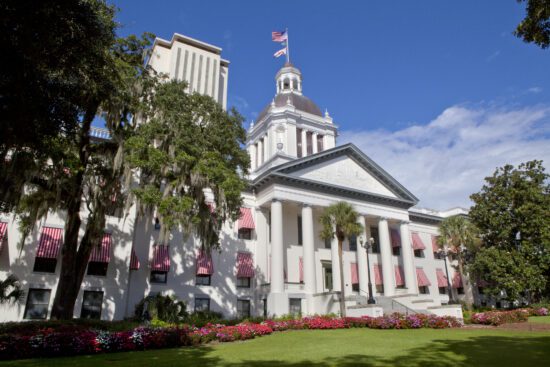The following sermon was delivered at Kettering, Northamptonshire in 1803. From the Complete Works of Andrew Fuller, vol. 1, ed. Joseph Belcher (Sprinkle publications): 204.
Seek the peace of the city. The term rendered peace signifies not merely an exemption from wars and insurrections, but prosperity in general. It amounts, therefore, to saying, seek the good or welfare of the city. Such, brethren, is the conduct required of us, as men and as Christians. We ought to be patriots, or lovers of our country.
To prevent mistakes, however, it is proper to observe that the patriotism required of us is not that love of our country which clashes with universal benevolence, or which seeks its prosperity at the expense of the general happiness of mankind. Such was the patriotism of Greece and Rome; and such is that of all others where Christian principle is not allowed to direct it. Such, I am ashamed to say, is that with which some have advocated the cause of Negro slavery. It is necessary, forsooth, to the wealth of this country! No; if my country cannot prosper but at the expense of justice, humanity, and the happiness of mankind, let it be unprosperous! But this is not the case. Righteousness will be found to exalt a nation, and so to be true wisdom. The prosperity which we are directed to seek in behalf of our country involves no ill to anyone, except to those who shall attempt its overthrow. Let those who fear not God, nor regard man, engage in schemes of aggrandizement, and let sorted parasites prey for their successes. Our concern is to cultivate that patriotism which harmonizes with good-will to men. Oh my country, I will lament thy faults! Yet, with all thy faults I will seek thy good; not only as a Briton, but as a Christian: “for my brethren and companions sakes, I will say, Peace be within the: because of the house of the Lord my God, I will seek thy good!”
If we seek the good of our country, we shall certainly do nothing, and join in nothing, that tends to disturb the peace, or hinder its welfare. Whoever engages in plots and conspiracies to overthrow its constitution, we shall not. Whoever deals in inflammatory speeches, or in any manner sows the seeds of discontent and disaffection, we shall not. Whoever labors to deprecate its governors, supreme or subordinate, in a manner tending to bring government itself into contempt, we shall not. Even in cases wherein we may be compelled to disapprove of measures, we shall either be silent, or express our disapprobation with respect and with regret. A dutiful son may see a fault in a father; but he will not take pleasure in exposing him. He that can employ his wit in degrading magistrates is not their friend, but their enemy; and he that is an enemy to magistrates is not far from being an enemy to the magistracy, and, of course, to his country. A good man may be aggrieved; and, being so, may complain. Paul did so at Philippi. But the character of a complainer belongs only to those who walk after their own lusts.
If we seek the good of our country, we shall do every thing in our power to promote its welfare. We shall not think it sufficient that we do it no harm, or that we stand still as neutrals, in its difficulties. If, indeed, our spirits be tainted with disaffection, we shall be apt to think we do great things by standing aloof from conspiracies, and refraining from inflammatory speeches; but this is no more than maybe accomplished by the greatest traitor in the land, merely as a matter of prudence. It becomes Christians to bear positive good-will to their country, and to its government, considered as government, irrespective of the political party which may have the ascendancy. We may have our preferences, and that without blame; but they ought never to prevent the cheerful obedience to the laws, a respectful demeanor towards those who frame and those who execute them, or a ready co-operation in every measure which the being or well-being of the nation may require. The civil power, whatever political party is uppermost, while it maintains the great ends of government, ought, at all times, to be able to reckon upon religious people as its cordial friends; and if such we be, we shall be willing, in times of difficulty, to sacrifice private interest to public good; shall contribute of our substance without murmuring; and, in cases of imminent danger, shall be willing to expose even our lives in its defense.










